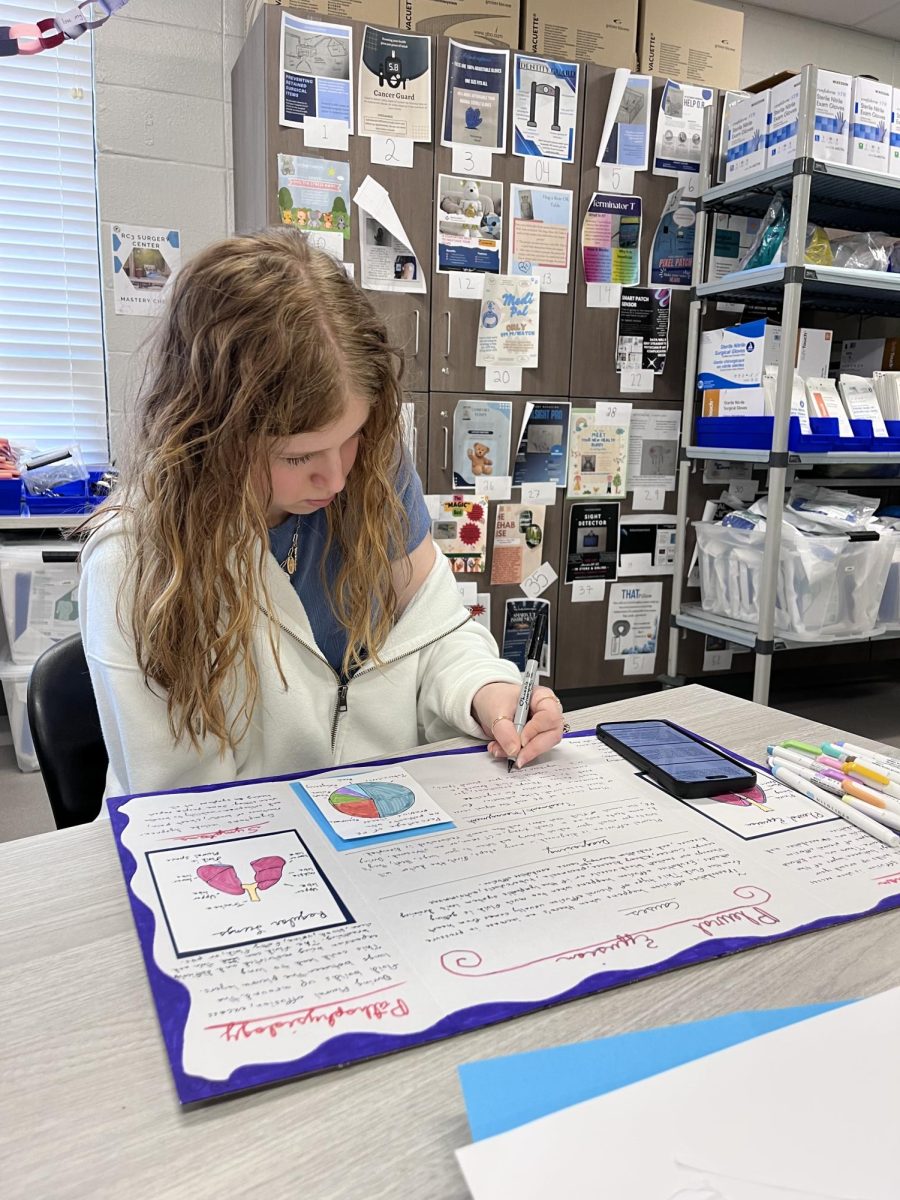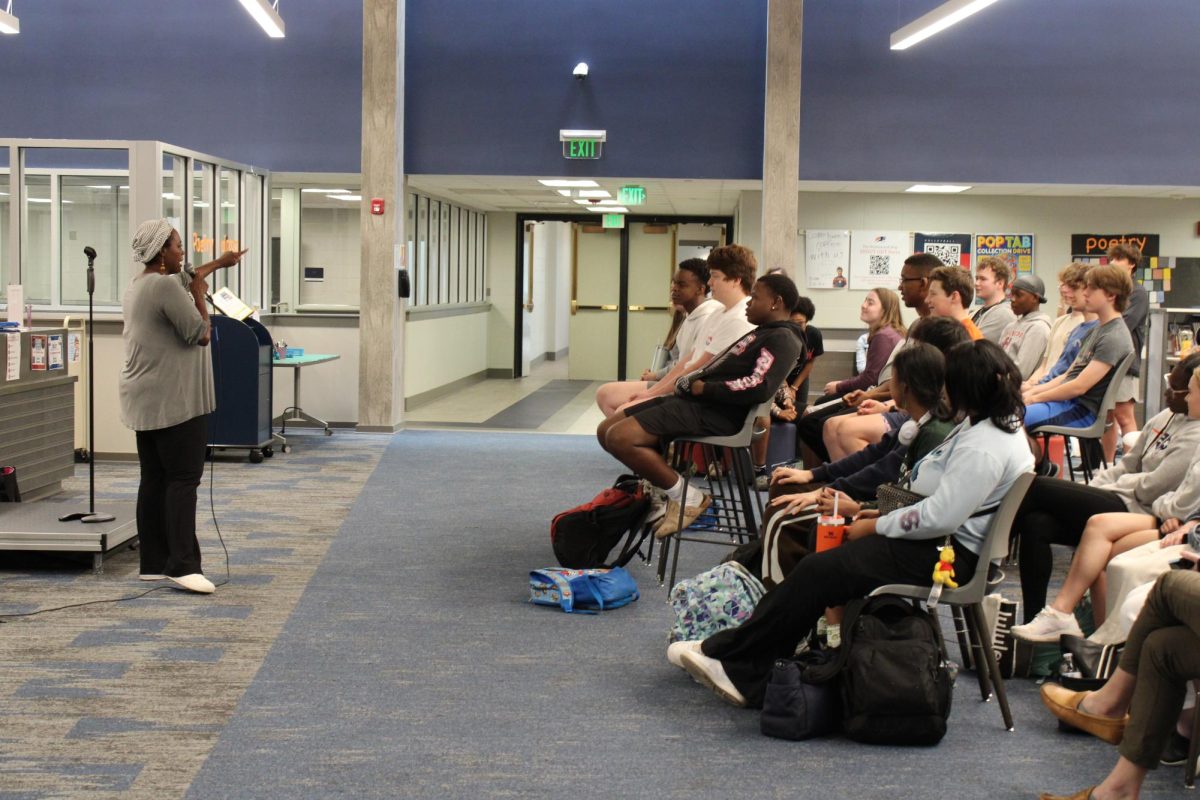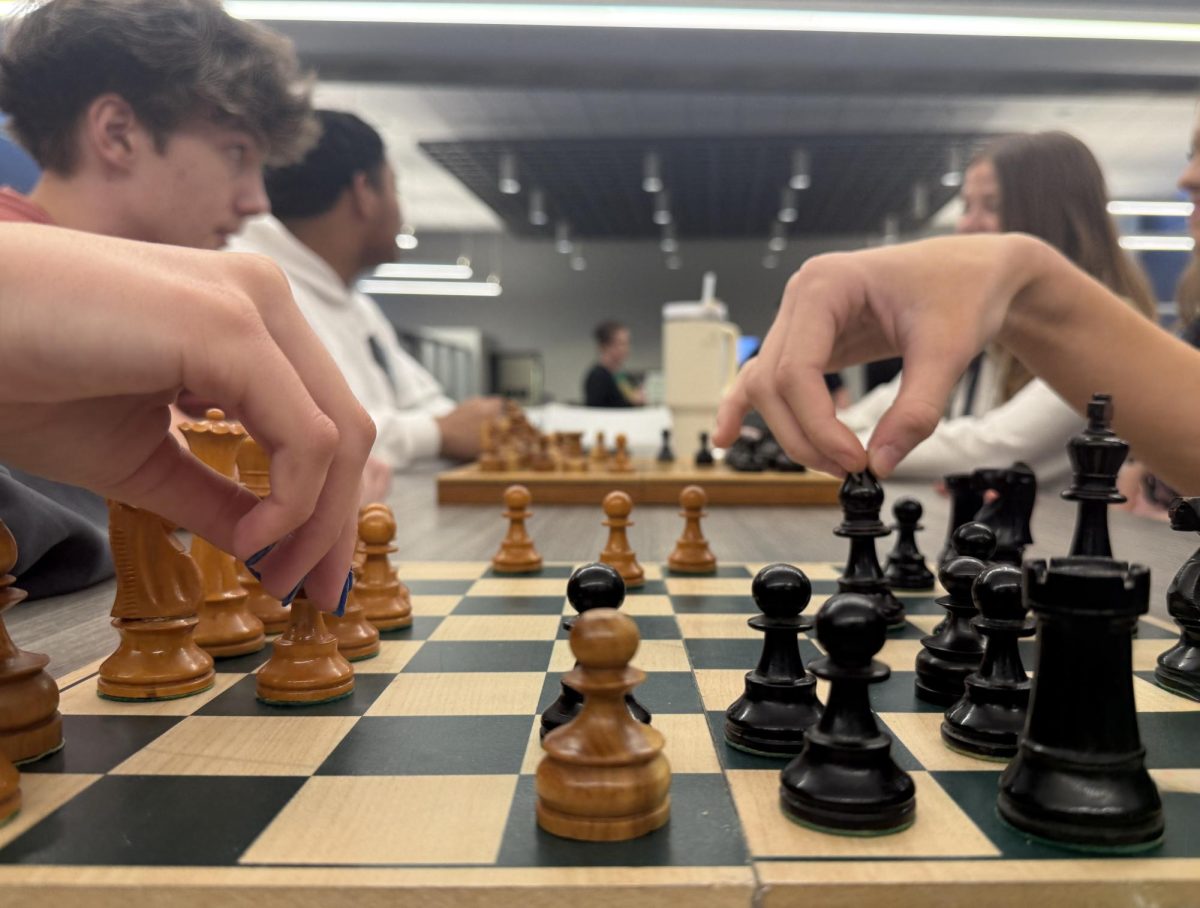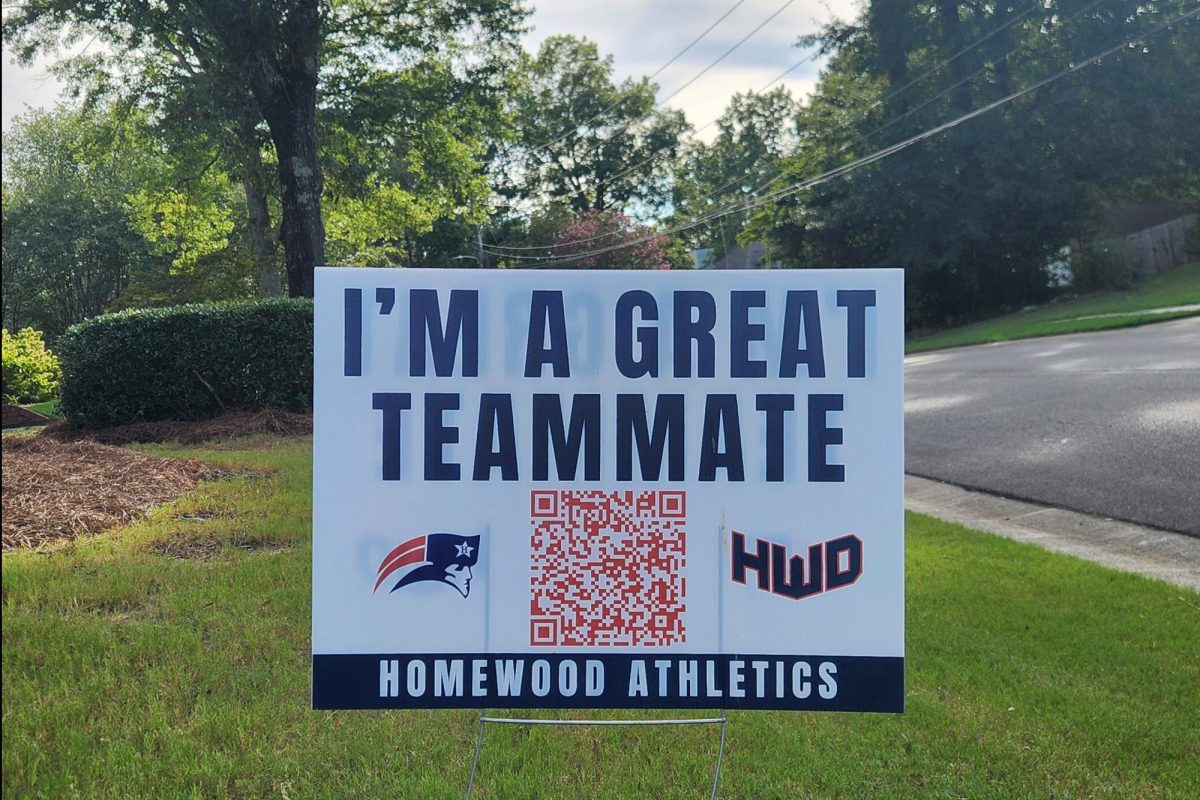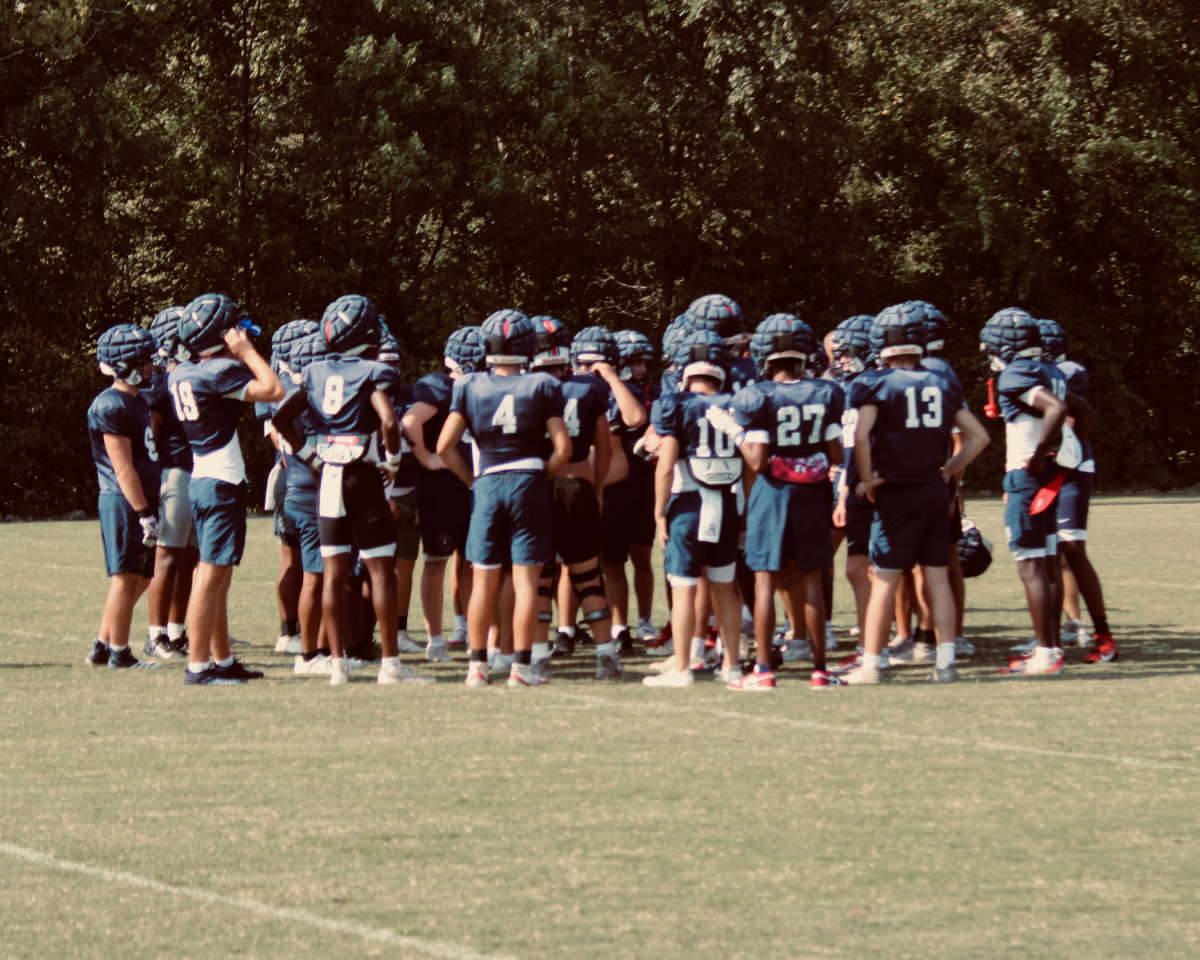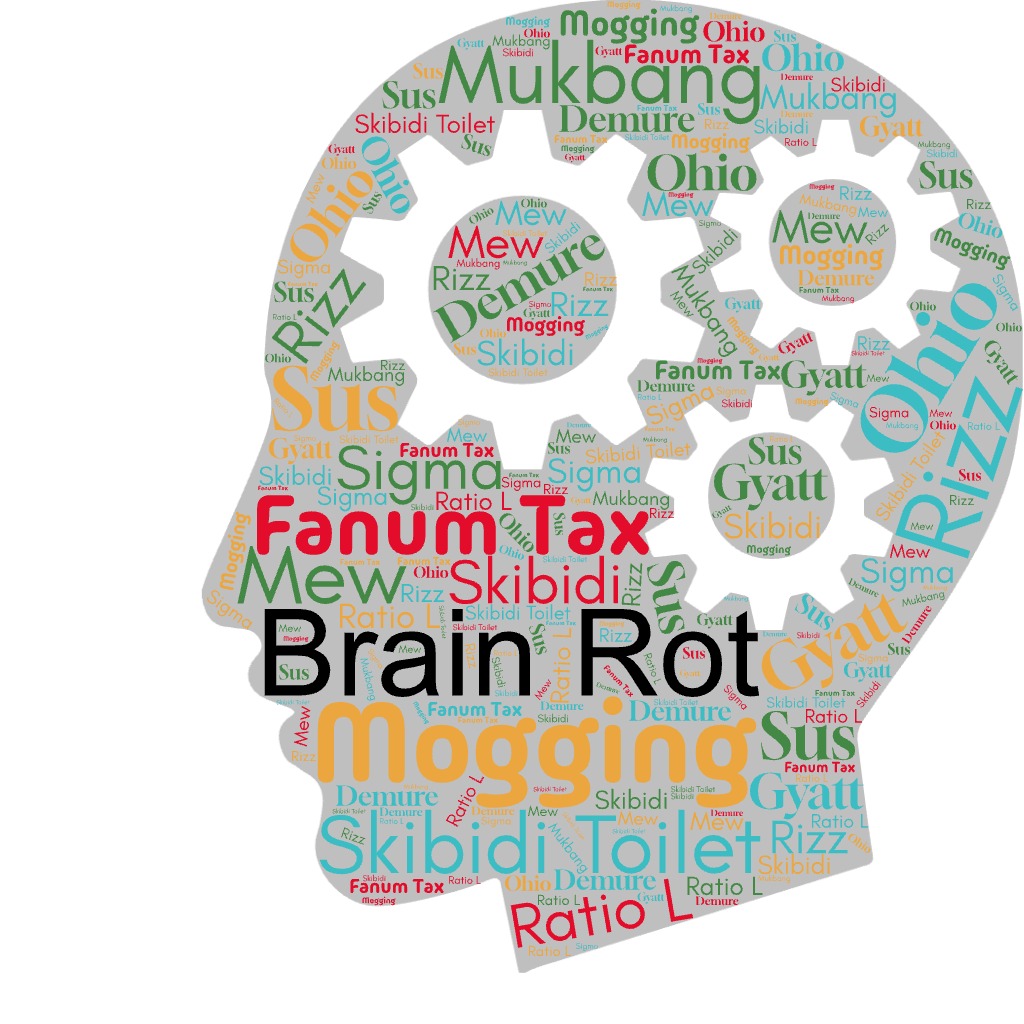The naming of “brain rot” as the Oxford Dictionaries’ 2024 Word of the Year has launched a broad examination of digital culture and its impacts. From “skibidi” to “rizz” and “gyatt,” questions have emerged about what the use of these so-called nonsense words says about society.
Coined by Henry David Thoreau in 1854, the term originally described society’s tendency to devalue complex ideas in favor of more easily digestible ones.
In the modern digital age, the term “brain rot” has been popularized by teens to describe the slow mental deterioration caused by doom-scrolling through endless streams of low-value social media content. Algorithms show users content based on their preferences, perpetuating a vicious cycle of mindless consumption that some say can be debilitating to mental health.
As the term gained traction, students and teachers began forming their own perceptions of “brain rot.”
Latin teacher Jacob Linder noticed the phenomenon in his classroom and couldn’t help but be disturbed by how “brain rot” creeps into student conversations
“People will describe something as being ‘buss,’ or ‘drip,’ or ‘fire,’ ” Linder said. “What disturbs me is that those are nouns, not adjectives. That’s how I know it’s slang.”
Linder wanted to learn more, so he asked his students about the terms. His question, however, was met with hesitation. He hypothesized that students were reluctant to explain because if he began using the slang himself, it would lose its “cool” factor, making them less likely to use it.
Juniors Luke Wolfe and Jaylen Ward often joke with each other using the slang. Terms like “What the skibidi” and “What the sigma” are frequently thrown into their daily conversations.
Ward explained that they use the terms because, “It’s funny, and you need to laugh every now and then, especially because school is getting increasingly more stressful. We need a break from reality.”
This highlights an important point: Humor and language can serve as a means of solace from the pressures of school life. For Wolfe and Ward, using slang offers a mental break—a chance to laugh even when the going gets tough.
Beyond its comedic undertones, the rise of “brain rot” has sparked larger conversations about screen time, mental health, and the effects of social media on the mind. The more time young people spend on personalized platforms designed to hook them, the more they recognize how constant exposure to shallow content can diminish cognitive engagement and mental well-being.
“Brain rot” has become shorthand for this phenomenon: the idea that constant interaction with digital content, much of which lacks intellectual stimulation, is slowly eating away at people’s ability to think critically and deeply engage with the world.
The term’s rise coincides with a growing awareness of how social media reshapes human behavior, particularly among younger generations. Platforms like TikTok and Instagram offer instant gratification and entertainment but also cultivate habits that many see as harmful to mental clarity and focus.
As “brain rot” is now officially recognized by Oxford, its rise also proves how language adapts to cultural shifts. The term is more than just a humorous label—it is a cultural touchstone for a generation grappling with the complexities of a digital world.
Ultimately, the rise of the term has underscored the need for balance between humor and the serious implications of digital engagement, between the value of entertainment and the importance of mental clarity. While slang and laughter offer brief escapes from reality, they also reflect the deeper conversations happening about mental health and the overwhelming role of screens in modern life.


